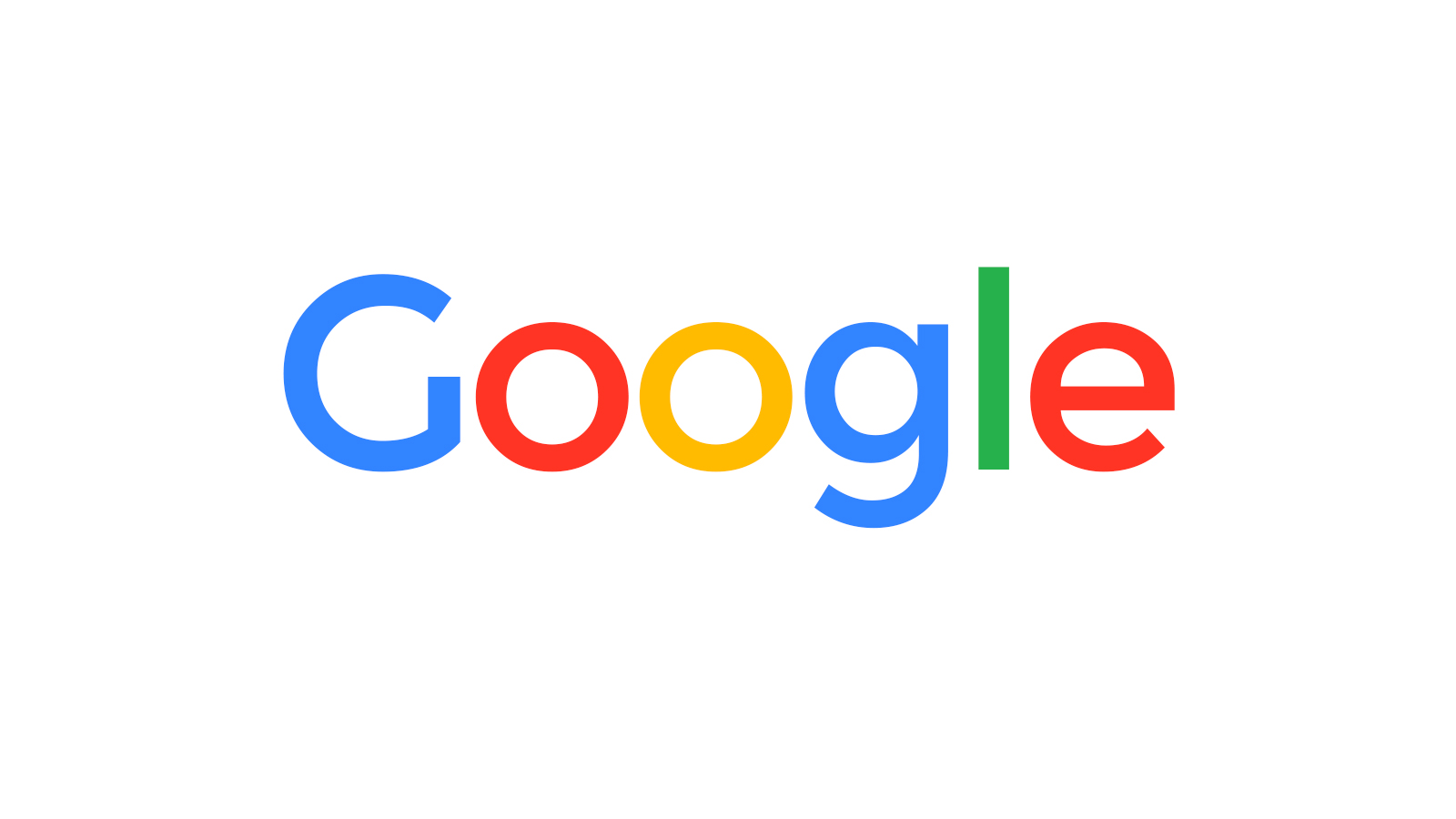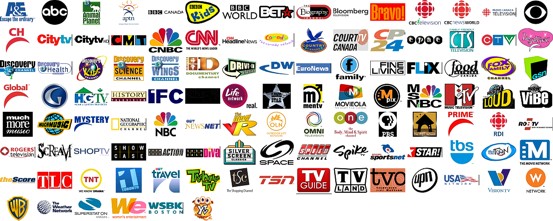Lekcja 1
Nonfiction Reading Test

Directions: Read the following passage and answer the questions that follow. Refer to the text to check your answers when appropriate.
You know that you’re doing something big when your company name becomes a verb. Ask Xerox. In 1959 they created the first plain paper copy machine. It was one of the most successful products ever. The company name Xerox grew into a verb that means „to copy,” as in „Bob, can you Xerox this for me?” Around 50 years later, the same thing happened to Google. Their company name grew into a verb that means „to do an internet search.” Now everyone and their grandma knows what it means to Google it.
Unlike Xerox, Google wasn’t the first company to invent their product, not by a long shot. Lycos released their search engine in 1993. Yahoo! came out in 1994. AltaVista began serving results in 1995. Google did not come out until years later, in 1998. Though a few years difference may not seem like much, this is a major head start in the fast moving world of tech. So how did Google do it? How did they overtake their competitors who had such huge leads in time and money? Maybe one good idea made all the difference.
There are millions and millions of sites on the internet. How does a search engine know which ones are relevant to your search? This is a question that great minds have been working on for decades. To understand how Google changed the game, you need to know how search engines worked in 1998. Back then most websites looked at the words in your query. They counted how many times those words appeared on each page. Then they might return pages where the words in your query appeared the most. This system did not work well and people often had to click through pages and pages of results to find what they wanted.
Google was the first search engine that began considering links. Links are those blue underlined words that take you to other pages when you click on them. Larry Page, cofounder of Google, believed that meaningful data could be drawn from how those links connect. Page figured that websites with many links pointing at them were more important than those that had few. He was right. Google’s search results were much better than their rivals. They would soon become the world’s most used search engine.
It wasn’t just the great search results that led to Google becoming so well liked. It also had to do with the way that they presented their product. Most of the other search engines were cluttered. Their home pages were filled with everything from news stories to stock quotes. But Google’s homepage was, and still is, clean. There’s nothing on it but the logo, the search box, and a few links. It almost appears empty. In fact, when they were first testing it, users would wait at the home page and not do anything. When asked why, they said that they were, „waiting for the rest of the page to load.” People couldn’t imagine such a clean and open page as being complete. But the fresh design grew on people once they got used to it.
These days Google has its hands in everything from self-driving cars to helping humans live longer. Though they have many other popular products, they will always be best known for their search engine. The Google search engine has changed our lives and our language. Not only is it a fantastic product, it is a standing example that one good idea (and a lot of hard work) can change the world.
Your Score:
Your Ranking:
Lekcja 2
Newspapers and Magazines

1.Read the text and do the exercise.
Mass Media
The mass media play an important part in our lives. Newspapers, radio and especially TV inform us of what is going on in this world and give us wonderful possibilities for education and entertainment. They also influence the way we see the world and shape our views.
Of course, not all newspapers and TV programmes report the events objectively, but serious journalists and TV reporters try to be fair and provide us with reliable information.
It is true that the world today is full of dramatic events and most news seems to be bad news. But people aren?t interested in ordinary events. That is why there are so many programmes and articles about natural disasters, plane crashes, wars, murders and robberies. Good news doesn?t usually make headlines. Bad news does.
Some people say that journalists are given too much freedom. They often intrude on people?s private lives. They follow celebrities and print sensational stories about them which are untrue or half-true. They take photos of them in their most intimate moments. The question is – should this be allowed?
The main source of news for millions of people is television. People like TV news because they can see everything with their own eyes. And that?s an important advantage. Seeing, as we know, is believing. Besides, it?s much more difficult for politicians to lie in front of the cameras than on the pages of newspapers.
Still, many people prefer the radio. It?s good to listen to in the car, or in the open air, or when you do something about the house.
Newspapers don?t react to events as quickly as TV, but they usually provide us with extra detail, comment and background information.
The Internet has recently become another important source of information. Its main advantage is that news appears on the screen as soon as things happen in real life and you don?t have to wait for news time on TV.
Your Score:
Your Ranking:
Your Score:
Your Ranking:
Lekcja 3
Radio and Television

Reading Read the text and do the exercises.
The TV is on, but who is watching?
Many people worry about the effect of television on family life in the United States. They say that people spend too much time watching television and that this takes away from more important activities – reading, exercising, talking to family and friends. But is this really true?
People in the United States do spend a lot of time in front of their television sets. About 98% of American homes have at least one TV set. In the average home, the TV is on more than six hours a day. But how much attention do people pay to the programs? And do people who watch TV really spend less time on other free-time activities?
Recently, some researches in New York City tried to find the answers to these questions. They telephoned more than a thousand people all over the United States. They asked them questions about how they spend their free time.
The researches were not surprised to learn that watching TV is the most popular free-time activity in the United States. More than 70% of Americans say that they watch TV every day. The second most popular activity is reading the newspaper. Listening to music at home is third. Talking on the phone to friends and relatives is fourth. Exercising or jogging is fifth.
It is true that many people turn of the TV every day, but does that mean that they watch it very much? Six out of ten people said that when the TV is on, they seldom pay attention to it. During a typical television program, people may eat dinner, do housework, read a newspaper or magazine, or talk or read to their children. The TV becomes ?background music?. Surprisingly, television does not seem to take time away from free-time activities at home. In fact, people who frequently watch TV read to their children and talk to their families as much as people who seldom watch TV.
The researchers learned that in some ways Americans are very traditional. Teenagers and single people may be interested in activities and excitement outside the home, but eight out of ten Americans like to spend their free time at home in the company of family and friends.
Your Score:
Your Ranking:
